|
How many of you recall being told to study in complete silence?
As you think about your children or grandchildren studying today, does a smile pass across your face? Are you picturing them sitting on a bed, earbuds in, listening to TikTok, Instagram, or some other social media platform as a video and talking head fills a phone screen, and a television blares the latest reality show in the background? Let's not forget the open math book lying in front of them. Yet, they seem to get their homework done. Here is one more question. Is that scene a blessing or a curse? For those of us who grew up before cell phones and social media, stereos (before that, Hi-Fi) played music that our parents made us turn off while studying. You need to be able to focus on your homework without distractions. Does that sentence still send a shiver down your spine? Well, most of us turned out fine. We became focused. We graduated high school, went to college, or went to work. We stayed in those jobs for a long time. That's not the reality of today. The world today has a much faster pace. A pace that requires multitasking and splitting our attention in multiple directions. If the present generation is required to master constantly shifting their attention, shouldn't they develop that skill at a young age? As more assembly line jobs automate and technology advances, today's employees seek higher skilled employment. That means leaving behind the focus of doing one task repeatedly. Instead, employees must split their attention between multiple tasks and develop the ability to concentrate equally on each one while being productive. So, I'll ask it again. Is the scene above a blessing or a curse? The adage, Out with the old and in with the new, may be key to understanding what is going on here. We, the dinosaurs of focusing on one target may have outlived our stay. The new king is constant change and multitasking and it seems to happen on a little screen all at once. Perhaps playing computer games, watching thirty-second clips, and texting with virtual friends make up the asteroid that will once again remove dinosaurs. I'd say, "Stay tuned," but that seems a bit passe. Do you think if dinosaurs had little screens, they might have survived?
0 Comments
Reading the news is now a courageous act that makes me pose the first of many questions in this month’s blog.
Where are we going? I can understand the fear of smallpox, AIDS, and SARS, but we have always been able to return to a level of comfort and civility. Since COVID, we have taken the fear surrounding disease and extrapolated it to new levels that encompass every part of society. We now fear that our child will catch being gay, transgender, or even being an immigrant. Our politicians pass laws to protect children from exposure to non-conforming (used unwillingly) persons, and women, or girls, are forced to follow rules that decide what they should do with their bodies. How did everything become a contagious disease? We look at our neighbors as though they carry a plaque borne from any one of a thousand choices they made: such judgment, such hatred, and such fear. The extension of this unfounded fear has caused our world to become a violent place. Here in the United States, we can’t go more than two days without hearing about a mass shooting. Is our future headed for puritanism, the wild west, and unfettered industrialism? Are we saying goodbye to personal rites, gun safety, and ecological protection in one fell swoop? These are the questions that come to mind. People who know me will tell you that I am neither far right nor far left but prefer to take each situation individually. I don’t have an answer for any of this. Trust me; if I did, I would be yelling it from every corner of the world. I’m trying my best not to be a contributing factor. Maybe that’s the answer. We all have to stop adding to this growing disease. And there it is! We all don’t have a disease; we may be the disease or at least the agent that spreads it. However, it is hard to sit by, watch what goes on today, and not ask one final question. As persons and as a society I ask: Where are we going? About a month ago I planted a variety of vegetables in our garden. Soon after that, I began to notice that a few of the plants had missing leaves, especially a turnip that I began cultivating in the winter. Indoors, for those wondering.
This particular turnip plant has an uncanny resilience. I repotted it three times during the winter and ninety percent of its leaves have been eaten, yet, it continues to flourish. Watching it grow during the winter gave me great joy and now it nourishes whatever nocturnal creature feeds on it. It dawned on me that from the tiniest of turnips to the largest of redwoods, everything serves a purpose. I’ve seen countless videos on planting and met many people with vegetable gardens and each time a barrier is constructed to keep the wildlife out. I admit that in the past I have done the same. This year I even went as far as buying chicken wire fencing to protect my precious crop. Then I started thinking more about that little turnip plant. What does it know that I don’t? Let’s cut to the chase! Somehow, that turnip knows that its purpose was first to bring me joy during the winter and now to continue to feed the displaced wildlife. Okay, that last part about the displaced wildlife is a whole different blog for another day. Chicken-wire fencing in hand, I came to the conclusion that I might not be as smart as a turnip. I didn’t put the fencing up around the vegetable garden. I learned from that turnip that everyone has a purpose and we all have to do is find it. In this case, my purpose started way back last winter with that turnip plant and now with this garden. The chicken-wire fencing sits in my garage, still rolled up. The turnip plant continues to grow leaves that get eaten and when my vegetables grow, I will share them with the wildlife. Let’s hope they are as generous. Before I go any farther, and so you do think hypocritical of me, I do have blueberries that are netted. The netting has been up for a few years and the blueberry branches are poking through a fair amount. The birds can have their share. All can say is that we all have our limits. What comes to mind now is the groundhog who visited each night to each the peaches that fell on the ground. I didn’t have to pick up the rotted remanences thanks to him. The more interesting part is that he placed the pits in small piles. I like to think his purpose was to help me clean the yard. I hope he comes back this year. Looking for our purpose, we never know what might turnip. Let me know your thoughts about this blog. The phrase No Pain No Gain has been around for a long time and everyone understands its meaning. These words flashed across my screen a few days ago as Alexa streamed a commentary in the background.
“…Republicans and Democrats will be holding their collective breaths as each side waits to seize control of the US Congress.” Coincidence or not, these two seemingly unrelated actions events sent a chill through me. What my ears heard and my eyes read caused me to unknowingly utter, “No gain, no pain.” I let the words and the commentary melt into a single thought. Our politicians are playing the short game, waiting to gain control with each election. The tangible outcome is that there are no winners. Ineffectiveness and absurdity beseech our country because of this mentality. We need to find a way to return to looking at the long game that our forefathers hoped would sustain this country. This jockeying for our political system’s power is becoming the ever-controlling factor that locks our government into chaos. What if there is nothing to gain? Picture a US Congress comprised of two members from each state, one from each major party (in both houses). There would be no looking to Gain an advantage in the next election. Neither side can have a numerical benefit. So, pandering and holding out would make no sense. The stalemate factor might indeed persist for a few terms. That’s the Pain part of the phrase. However, politicians on both sides would soon learn that working together is the only option. That’s how the No comes to rest in front of the word Pain in the new phrase. The goal of possessing ultimate political party power would be removed from the governing equation. Imagine no need to redistrict, no restricting access to voting, and no crazy rules and laws, like you can’t give a bottle of water to a person standing in a line waiting to vote. No Gain, No Pain played out in our election process also gives voters equality. More importantly, voters can have a voice that represents them no matter where they live in whatever state. No Gain, No Pain; tell me what you think. Many years ago, I was sitting in a doctor’s examining room; the problem on my arm was a minor one, but that’s not the point. The doctor entered the room and looked over the matter very cavalierly. This irked me, then he sat back, crossed his arms, and started to speak.
“I just returned to work after a long and painful recuperation from emergency open-heart surgery; this isn’t that big a deal. You will be fine.” He then handed me a prescription and told me to see the woman at the desk for a follow-up visit in two weeks. An interesting dichotomy arose from this visit. First, I was glad that it wasn’t anything to worry about. Second, and the actual point of this story, is that visit changed my entire life. From that visit, I learned that everyone has the right to fear something and that no one has the right to trivialize it. Challenges come in infinite sizes and shapes and not one of them means any less to the person experiencing them. Last week, I was reminded of this story when a couple of friends allowed me to interview them regarding a book they are contributing authors to that has just been released. You can see about Shaman Heart below. I am grateful to them for sharing their life-altering moments and for bringing this story back into view for me. We all have stories that have helped shape our lives, good and bad. We believe them to be significant no matter how tiny they may seem in the scope of the world. No one can and should try to take their importance away from us. It also bears saying that we need to give respect in reverse. In the last twenty years or so, I have found that listening to these stories offers me a chance to find a hidden golden nugget of truth for myself. So, I pay attention because I understand that something is there for me. Of course, some will think this is not always the case; I can respect that. Here’s another golden nugget that took me a long time to grasp. “I don’t need you to solve the issue. I just need you to listen.” Oddly, when we listen, it’s incredible what you can hear. Golden Nuggets are up for grabs. Who wants one? What story changed your life and what was the hidden golden nugget you would like to share so others can listen. Please let me know. Growing up, a neighbor seemed to watch every move made on our street. It was if he knew what we were going to do before we did. I am not saying we looked for trouble or were malicious. If anything, the kids on my street were more on the goodie-two-shoes side. But, of course, that didn’t stop “That Neighbor” from watching and reporting every slight misstep. We all knew this, and so did our parents. Maybe that’s what kept us away from horrific errant ways. Over the years, I have lived in numerous towns; each had a person who watched the street. Everyone in the neighborhood knows or has an idea who claims the moniker of “That Neighbor.” This person reports on what the people living on the street are doing. They pass on things like; who is remodeling, who is getting a promotion, what kid did something wrong or right, or whose moving in or out. But, until now, I was never really sure how they obtained their information. Why am I bringing this up? It seems that I have unknowingly become that neighbor. Since 2018 I have been at home. I didn’t realize how much goes on during the day. A neighbor a few doors down also retired around the same time and I guess we have unofficially formed the “That Neighbor” club. We love to share our intel. Some might call it gossip, but it’s more than that. We keep an eye on the street, ensuring that nothing unsavory happens. The rest is… well, you can decide. While my neighbor and I have yet to reach the reporting stage, except to each other, someday we might include others in our club. I now realize that the old neighbor from my youth was just trying to keep us from more significant troubles. This revelation has given me a new outlook on the man. Perhaps we all need to provide a little more understanding to “That Neighbor” who serves a hidden purpose. Do we all become cantankerous with time, or do we see things from a wiser perspective? That question is one we must all answer for ourselves. I’m going to choose wiser in some unforeseen way. I write this as a light-hearted observation. I might be “That Neighbor,” but I know and hopefully can see the lines not to cross. As I head toward another milestone in my life, I notice new aches and pains wafting through. Some stay for just a moment, like the smell of freshly baked bread when walking past a bakery; others manage to linger, like the scent of a garbage truck stopped at a red light. I lamented these thoughts to my wife and she replied, "I'm going to trade you in for a new model." We laughed.
I thought about a reply and circled back to her a while later. She is used to besting me and allowing time to pass before my retort. My comeback was the following. "You know, they don't make them like they used to. It will probably last five years. You won't even have finished paying for it. The repairs will be more expensive, and there will be a lot of them. It will come with a computer that you won't know how to use. And, He'll have a lot of fancy buttons you won't know how to push. You already know how to mush all my buttons." My wife simply replied. "Maybe I'll get a sporty model this time." I was ready. "Fine, I'll end up in some antique shop where a pretty young, just starting out woman will come in looking for something vintage. She'll snap me up, take me to her new condo at the beach and adore me. She will show me off to all her friends." My wife, being a quick wit. "Soon, she'll get a new toy and you'll be placed on the back of a shelf and start collecting dust, again." I was prepared yet again. "She'll move from her condo to a big house and sell me as an expensive antique. I'll end up in a museum where everyone will look at me in awe. They'll write songs and stories about me. My wife's final volley. "Okay, I won't trade you in. Instead, I'll upgrade, put you in the garage, and wait until you turn into that expensive antique. Then, if I remember you're there, I'll sell you at high society auction and retire with enough money to buy as many new models as I wish." We burst into laughter and embrace My point is when you find someone you can love, they make you laugh and help keep you sharp; everything else is icing. So make the most of the person you're with. They don't make them like they Used to. With the beginning of a new year comes the dreams of “Better.” We all desire this picture of a better this or better that. Most want it to fall into our lap, myself included. What dawns on me is that wanting it to happen to me isn’t really how it works. We have to be the better to have the better. Why am I rambling on? Let’s take a look at our environment. The news relays opinionated discourse, people are so eager to tread over each other, and there is a general ilk of distrust in the air. Lockdowns, riots, political mayhem, and a planet fighting back for its survival. And yet we wake up in a new year hoping for “Better.” The truth is, it’s not going to happen without each of us taking a piece of the pie and sharing with others. “Better” will only occur when we decide to work together and are not at odds with one another. Just ask: “Is what we’re doing working?” If we can honestly answer yes, then we are lost. I’m not suggesting world change. I’m suggesting people change. There is a difference. How each of us sees the tiny part of life we live in and how we create within that community is how we will get out of this rut. How we see and treat our neighbors and our community is where the dream of “Better” begins. The other day, I drove to the grocery store and heard three horns angrily honking, a parking space fought over, and a near fistfight over moving a shopping cart in an aisle. This madness has to end. A final thought. The end of the dinosaur occurred because of a catastrophic event, an ice age. Others believe that a meteor caused the demise of the dinosaurs. Either way, it may have been a message sent by our planet telling us that it has ultimate control. . Could our planet be sending us messages again? Violent weather, volcanoes erupting, tsunamis, a giant meteor close to earth-if we don’t course-correct will planet Earth do it for us? It was here long before us, and it may well be here long after us. We have a choice to make, and time is ticking away. Changing how we see what is directly in front of us is the true beginning of “Better.” Believing that making the smallest space around us “Better” is the beginning. “Better,” reality or a dream. Thanks for a wonderfully exciting 2021. All your support and comments have made a very isolating year enjoyable. I hope that we can continue our conversations and share our thoughts in 2022. Greatly appreciated, Luca The price of just about everything is going up. Well, except the price that authors are paid. Those not in the industry would be shocked to find out what authors get paid after the pie gets sliced up. It has been this way throughout the ages. Famous authors can demand more as their name is a bargaining chip. But what about first-time authors or authors that are trying to make a name for themselves. The only leverage they have is the savvy of a good agent. If that agent can get the book into multiple bids, then there could be a larger pie to slice up. Those with a bit of business knowledge might say, why don’t the writer join forces, unit, or somehow work together to gain a collective power? Putting two and two together would make sense. So why doesn’t it happen? The answer: the current federal law states that only employees are allowed to unionize and collectively bargain. So that means freelance writers, authors, and independent content creators are excluded. According to Umair Kazi of the Author’s Guild, over the last two decades, we have seen a gradual erosion of contract terms and an increase in one-sided agreements, leaving authors with no means to fight back. Before we go any further is should also be noted that the publishers are also feeling the squeeze from large buyers like Amazon and other national chains. Their increased buying power has created a downstream effect. The buyers demand steep discounts to bring the book to market, the publisher feels the pinch, and the creator takes a hit also. But there is hope on the horizon. In his article Collective Bargaining, Kazi states: The PRO act recently passed by the House and no in the Senate is the most comprehensive labor bill in decades. The PRO Act recognizes that “gig” workers are independent contractors who lack bargaining power and require collective bargaining. The Pro Act amends the definition of an employee with the intent to include a large group of freelancers to have bargaining rights. Umair Kazi’s piece explains the detail more succinctly that this blog has room for. In addition, The Authors Guild has been playing a prominent role in this effort. The Author Guild has actively been proposing amendments to the PRO act to solidify the collective bargaining stance. With great foresight, The Guild has sought to address anti-trust laws that might hinder the forward progress. Their tireless effort will hopefully soon benefit the content creators in America. It should be noted that the information in my blog today comes from the incredibly informative article by Umair Kazi entitled Collective Bargaining, printed in The Authors Guild Bulletin. For more on The Authors Guild, what they do, how they can help, and how to join, visit their website: https://www.authorsguild.org/ |
Author's Quote:"Writing is the flow of life through words on a page. We all have this talent to share." Luca DiMatteo For the latest blog, please sign up for my monthly newsletter.
Archives
August 2022
|
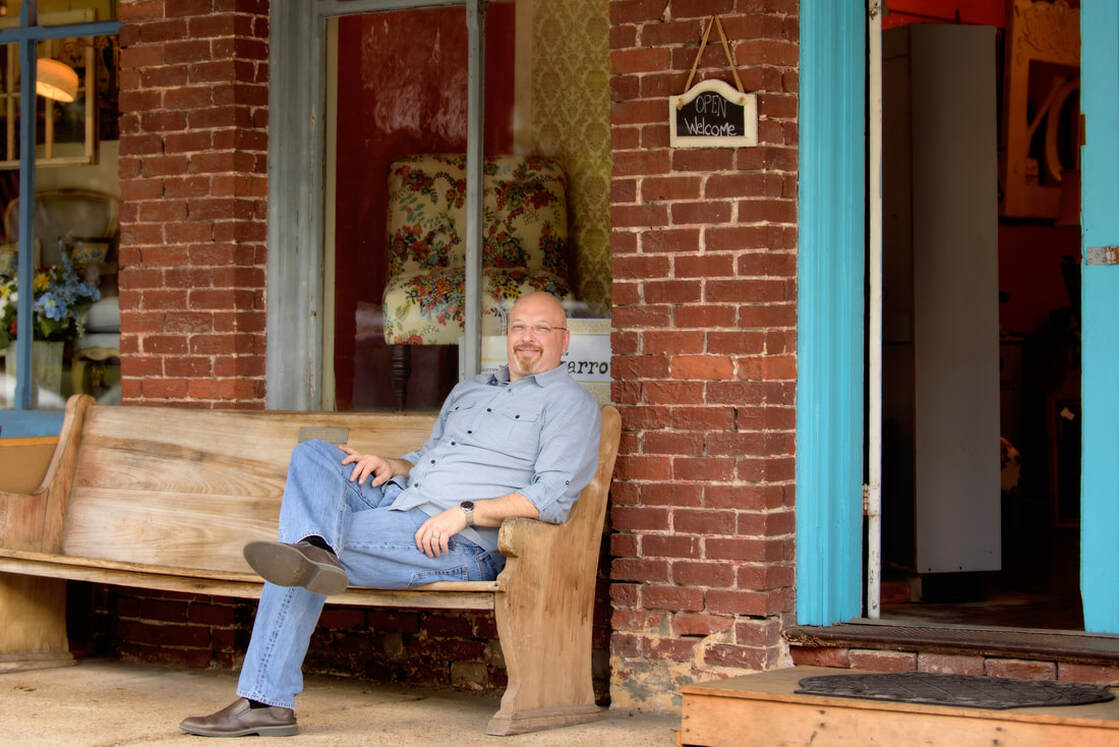
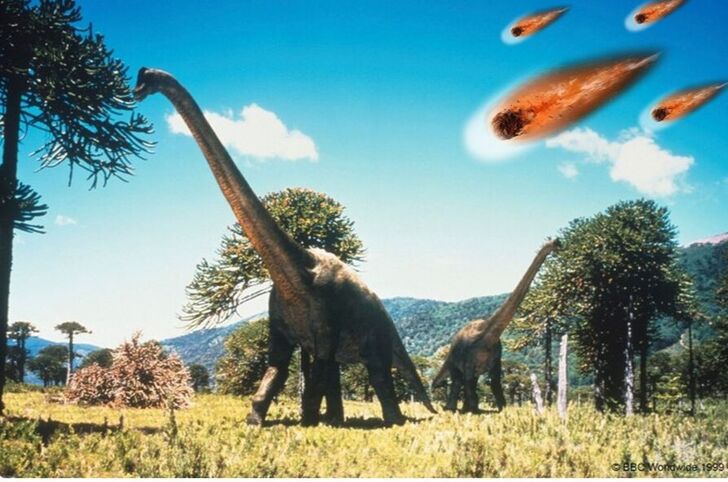


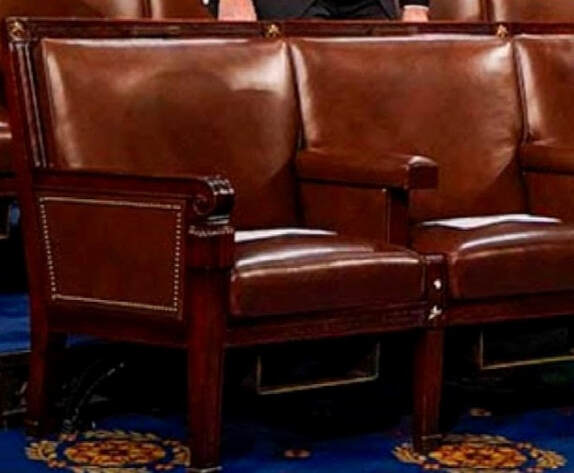

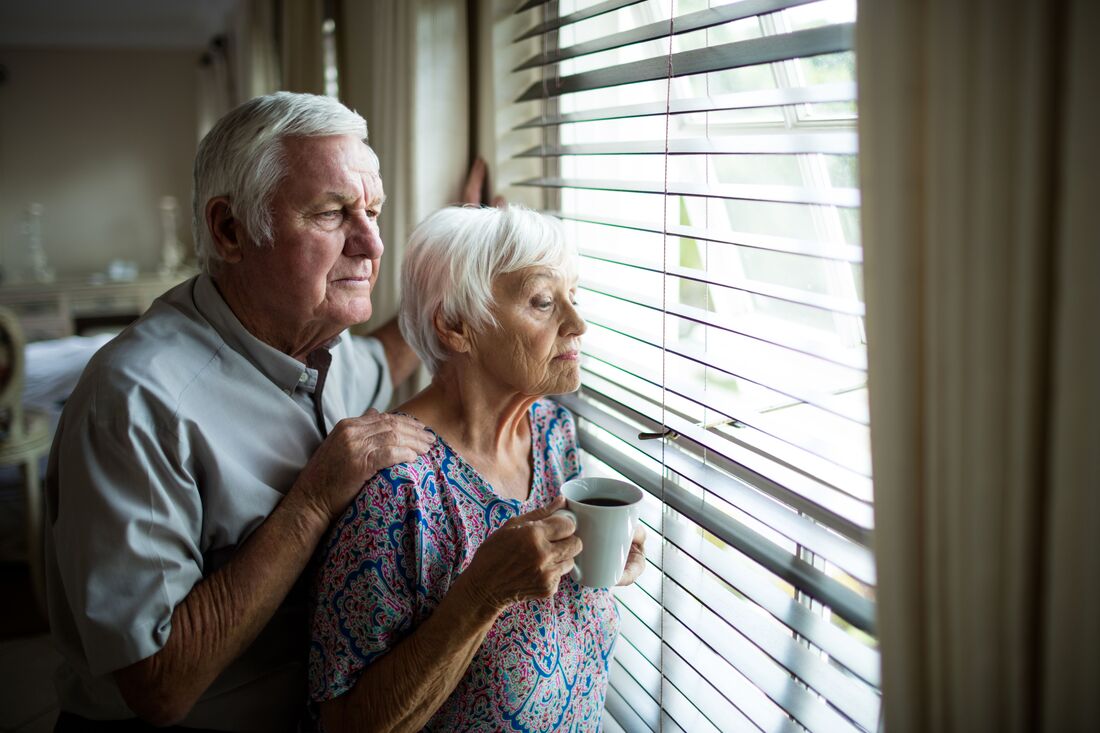
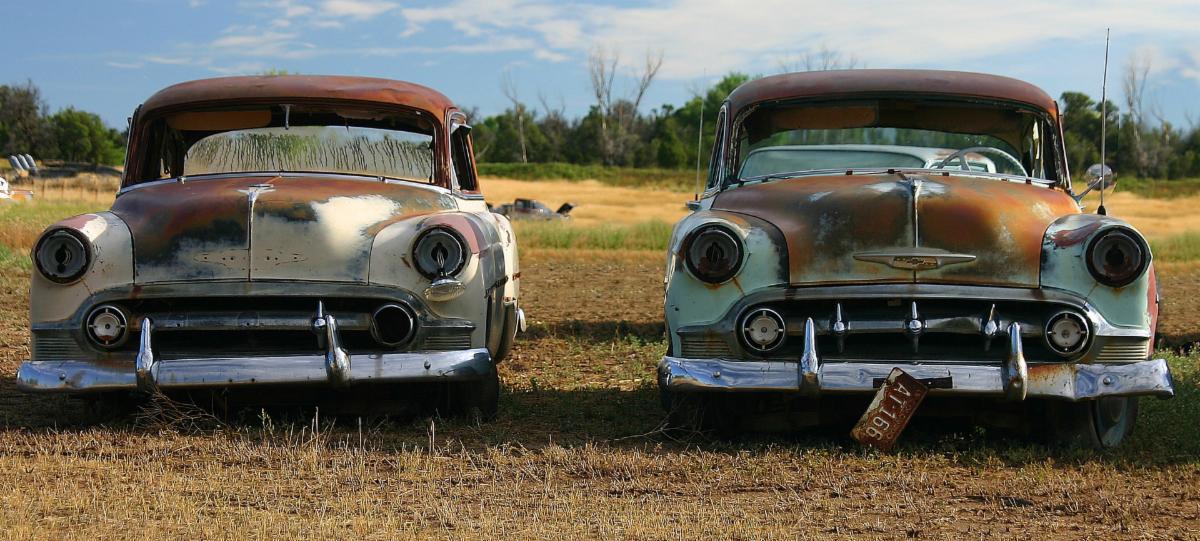
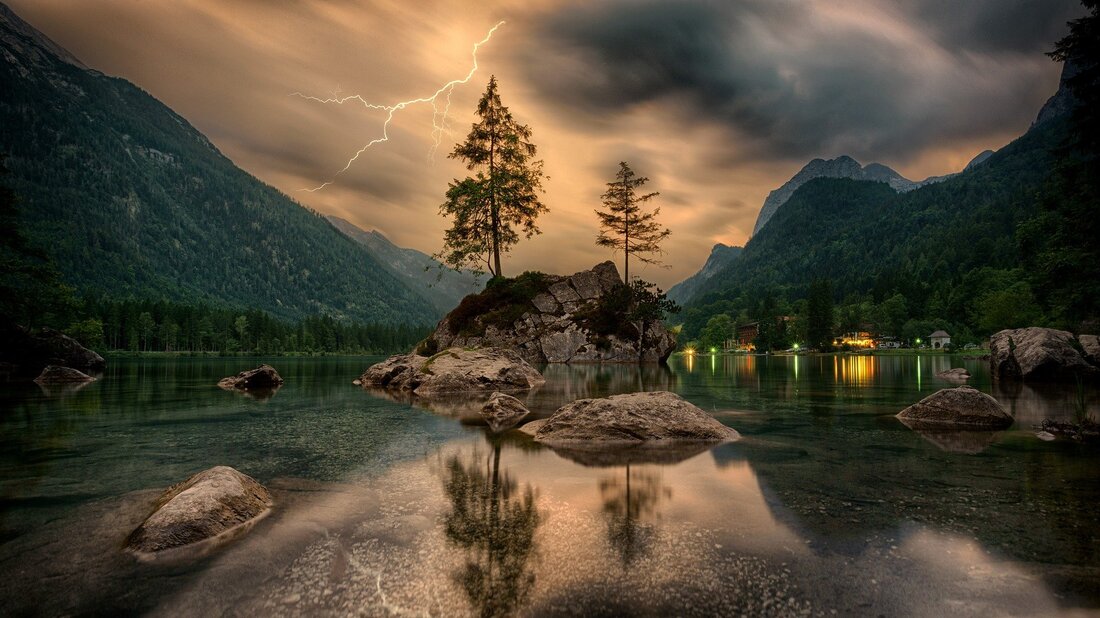
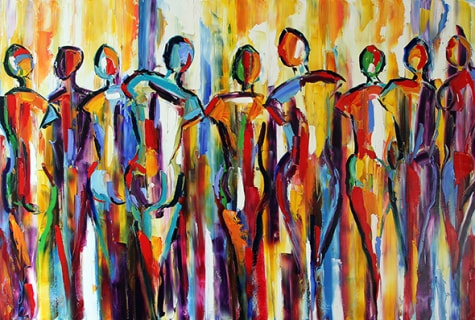

 RSS Feed
RSS Feed